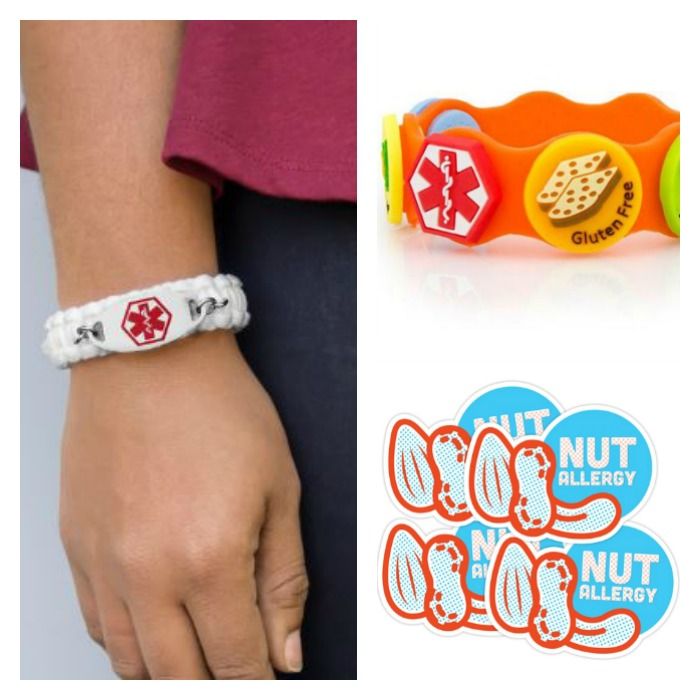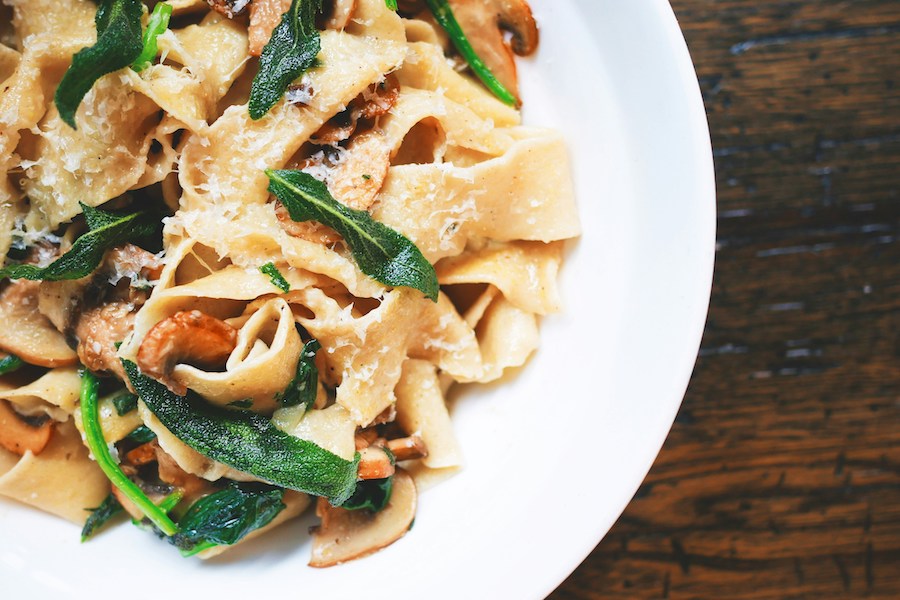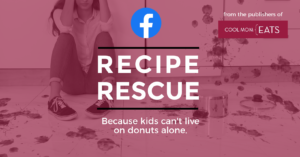Sending your child with food allergies to summer camp, whether it’s a day camp or a sleep away camp, can be a challenge. But not one that you can’t tackle. As with most aspects of day-to-day living with a food allergy, summer camp requires tons of research, preparation, planning, and follow through.
Related: 10 things my daughter with food allergies wants you to know.
With the help of FARE, an indispensable resource for families with food allergies, advice I’ve received over the years from our family allergist, and things I’ve learned as a mom dealing with a child with food allergies for the past 10 years, I’ve put together these helpful tips that will make going to summer camp with food allergies go together like SunButter and jelly.
1. Find out what the summer camp’s policy is on food allergies.
- Is the camp nut-, gluten-, or dairy-free? If not, is there a designated allergy-free table where the kids can eat?
- Is food provided or can your child bring her own snack and lunch? Finding out the menu, even if your child doesn’t eat from it, is important too. If PB&J is a staple, it might make the food prep or eating area too risky.
- Is there a nurse on site? Are the camp counselors trained to use an Epipen? Where will the Epipens be stored? I once had a day camp counselor ruin our Epipens because he put them in a freezer, thinking it would be better on the hot day. It wasn’t: Epipens become ineffective if exposed to extreme heat or cold.
- If the campers go on trips, who will carry and be responsible for the Epipens?
- How far away is the camp from a hospital or a medical treatment center?
Related: A food allergy cookbook with a wicked sense of humor & advice that every parent should read.
2. Inform and educate everyone who will be involved with your child at camp.

- Fill out an Emergency Care Plan form (it’s always a good idea to have your allergist go over it with you first) and make several copies to give to the camp director, counselor, nurse, lifeguard, etc. Older kids should have a copy in their bags too.
- Be super specific about your child’s allergies and what they require. That may mean not eating anything made in facility with the allergen because of dangers of cross-contamination or it might mean that he can eat anything as long as it doesn’t contain the allergen. Don’t assume that the camp staff will know exactly what your child needs. You need to give them all the details and make sure you’re comfortable with their understanding of them.
- Consider having your child wear a medical alert bracelet that will help inform others about their allergy and act as a constant reminder to staff. For summer camp, I really like the Medical ID Alert Jelly Bands for younger kids and the Beach Day Paracord Medical ID Bracelet from Lauren’s Hope. They’re water-resistant and perfect for active camp days.
- Summer camp, especially sleep away camp, requires lots of labeling. I love Name Bubbles food allergy labels for lunch boxes and water bottles. Again, anything that serves as a constant reminder is a good thing.
Related: 7 allergy-friendly snack recipes that all kids will love.
3. Go over the rules with your child. And then go over them again.
- You can never go over the rules of living with food allergies too many times. In fact, our allergist recommends that we hold family meetings a couple of times throughout the year to go over our rules, including how to use the Epipen (whether it’s parents who will administer or an older child who will self-administer)
- Go over how to read labels and, maybe more important, how to avoid foods that are not labeled.
- Reiterate the NO sharing food rule.
- Discuss a safety plan in case of a possible reaction.
These are rules that families with food allergies are well aware of, but we can sometimes get too comfortable. We all need a refresher from time to time.
Of course, the easiest and most stress-free option is to choose an allergy-friendly day camp or an allergy-friendly sleep away summer camp, like the 12 listed on FARE’s website. But remember, sending your child to one of these camps doesn’t mean that you don’t have to do your homework and preparation.
Top photo by Erik Dungan via Unsplash






